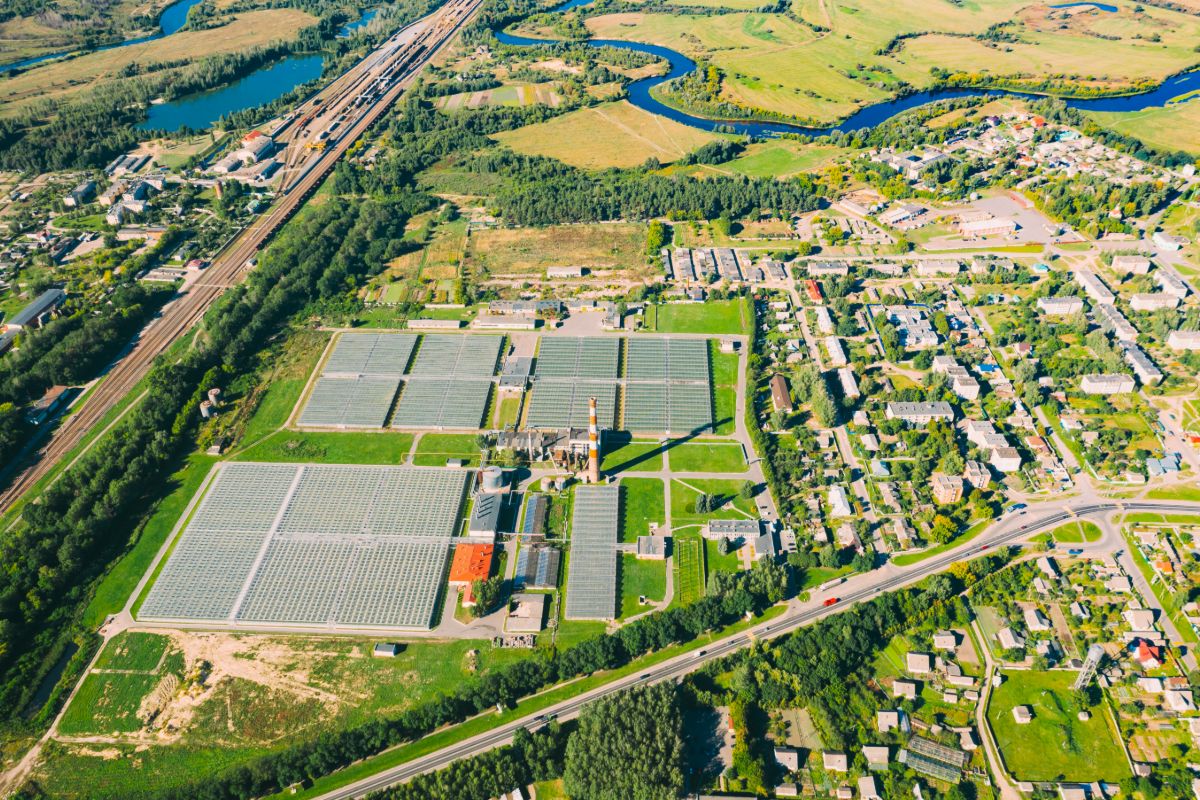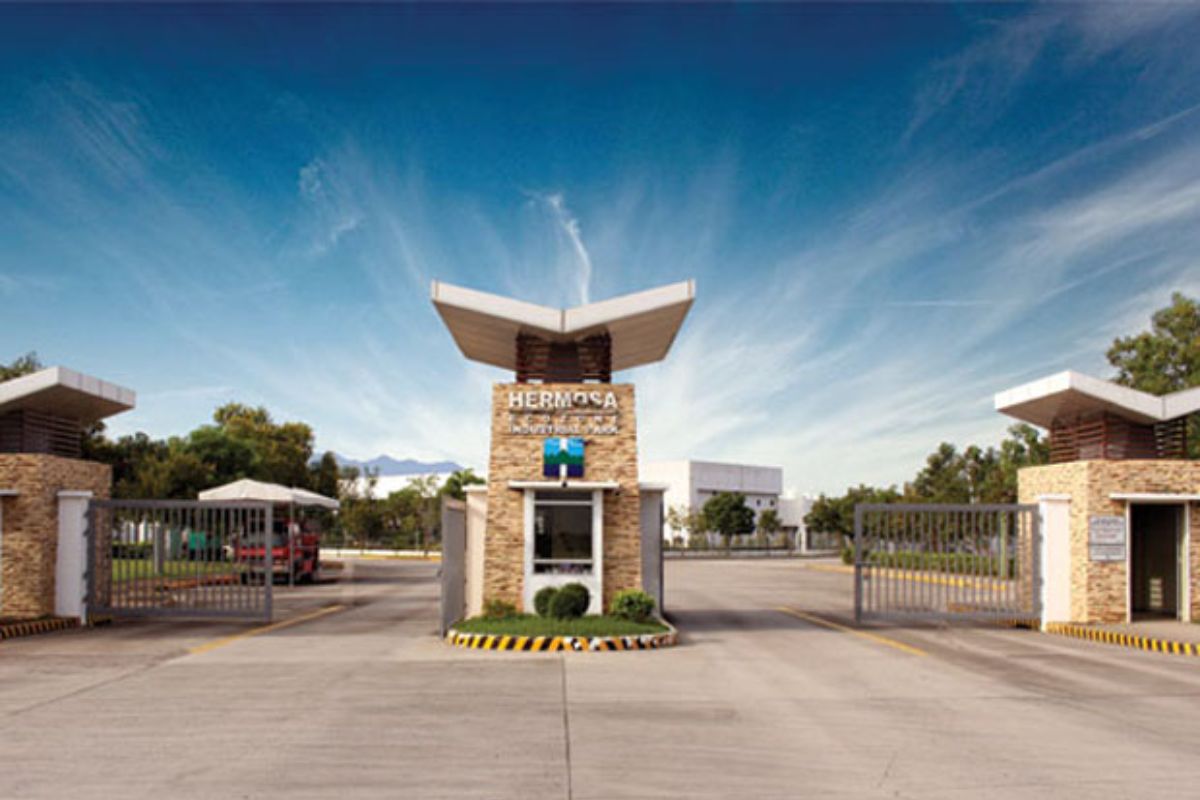Why are ethical business practices important for industrial parks?
- To maintain a reputation
- To foster trust among stakeholders
- For compliance with laws and regulations
- To promote sustainable development
- For long-term success
Overview
- Ethical business practices help industrial parks build a positive image and attract investors, tenants, and partners, setting the stage for long-term success and growth.
- Building trust through honesty, transparency, and respect creates a harmonious environment where conflicts are avoided, operations run smoothly, and collaboration flourishes.
- By focusing on sustainability, ethical industrial parks reduce environmental impact, support local communities, and create value for everyone involved, ensuring a brighter future.
Industrial parks function as centralized hubs of economic activity, housing a diverse range of businesses, manufacturing facilities, and logistical operations. Within these dynamic ecosystems, ethical business practices are not merely optional but imperative for ensuring smooth operations and sustained growth.
Here, we will explore the critical importance of why ethical business practices are important for industrial parks and their profound impact on individual businesses, the broader industry, and the economy as a whole.
To Maintain a Reputation
Industrial parks prioritize maintaining a robust reputation to lure investors, tenants, and partners seeking dependable business environments. Upholding ethical norms, including equitable treatment of tenants, transparent decision-making processes, and a dedication to social responsibility, fosters trust and confidence. This fortified reputation not only heightens attractiveness to stakeholders but also establishes a bedrock for enduring prosperity and expansion.
A solid reputation acts as a magnet for companies, fostering trust and credibility that denote an optimal setting for business activities, partnerships, and sustained growth within industrial parks.
To Foster Trust Among Stakeholders

Fostering trust among stakeholders in industrial parks is paramount for ensuring harmonious collaboration and sustained growth. These stakeholders include investors, tenants, local communities, and regulatory bodies, all of whom play pivotal roles in the park’s governance, economic vitality, and sustainability endeavors.
Building trust entails transparent communication, equitable treatment, and fulfilling commitments promptly. Regular engagement, responsiveness to concerns, and adherence to ethical standards enhance credibility. Moreover, fostering collaboration, showcasing success stories, and prioritizing social responsibility initiatives bolster trust and reinforce the park’s reputation as a reliable and responsible business hub.
For Compliance With Laws and Regulations
In the Philippines, adherence to rules and regulations is essential for the smooth operation of industrial parks. Before the commencement of activities, industrial parks are mandated to conduct an environmental impact assessment (EIA). This assessment enables them to comprehend the potential environmental ramifications of their operations and take proactive measures to mitigate adverse effects on nature. Compliance with EIA regulations not only fosters environmental stewardship but also minimizes the risk of regulatory penalties or operational disruptions.
Moreover, adherence to the Labor Code is paramount for industrial parks in the Philippines. This comprehensive set of laws ensures equitable treatment, fair wages, and safe working conditions for employees. By upholding the stipulations of the Labor Code, industrial parks demonstrate their commitment to fostering a conducive and ethical work environment, thereby safeguarding the well-being and rights of their workforce.
To Promote Sustainable Development

Industrial parks implement a range of Environmental, Social, and Governance (ESG) metrics to promote sustainable development.
- Environmental metrics may include energy consumption, greenhouse gas emissions, and waste generation, aiming to minimize ecological impact.
- Social metrics focus on labor practices, community engagement, and diversity, ensuring fair treatment and positive societal impact.
- Governance metrics assess transparency, accountability, and ethical business practices, fostering trust and integrity. By integrating these ESG metrics into their operations, industrial parks demonstrate their commitment to sustainable growth and responsible corporate citizenship.
For Long-Term Success
Ethical behavior not only helps industrial parks stay competitive but also protects them from damage to their reputation and unexpected changes in the market. These parks also attract businesses and investors who share their values, leading to a cycle of trust and collaboration that sustains success over time.
By prioritizing initiatives like environmental stewardship, equitable labor practices, and community investments, ethical industrial parks champion a more inclusive and sustainable future.
Key Takeaway
These reasons why ethical business practices are important for industrial parks exist to serve as beacons of responsible business conduct, driving positive change and prosperity for future generations.
At Science Park of the Phillippines, we recognize the important role of ethical business practices in fostering a dynamic and sustainable ecosystem. Join us in upholding integrity, transparency, and responsibility to safeguard our reputation, build trust among stakeholders, ensure compliance with regulations, promote sustainable development, and secure long-term success.
Let’s work together to create a culture of ethical excellence that benefits businesses, communities, and the economy. Contact us today to learn more about our ethical initiatives and how you can get involved!



